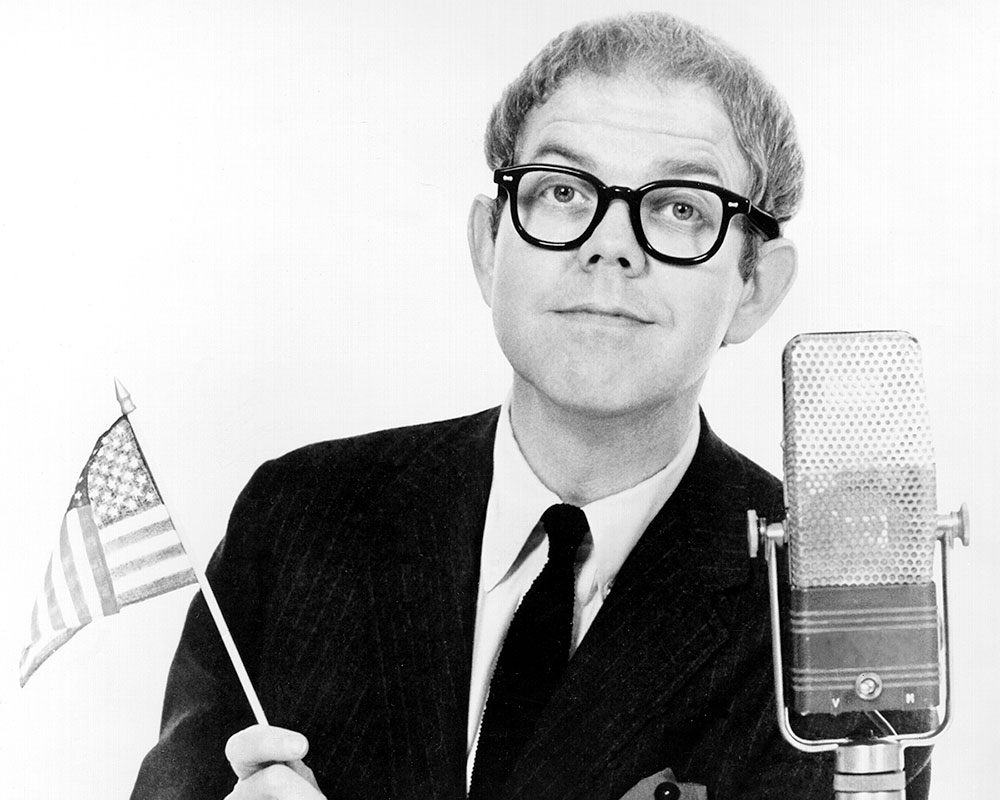
“…the sweetest tone I ever heard. He was the only one who gave me the cold sweats.” - B.B. King
In an all too brief period of five years, Peter Green reshaped rock music as we know it. He co founded one of the most recognizable bands of the last 50 years, wrote some of the great rock standards, and could play guitar as well as the blues masters who proceeded him. Nobody could play a guitar like Peter Green. Not Clapton, not Beck, not Page, not Blackmore. Nobody. His perfection of phrasing and sound proved to the world that he could outplay any one of his contemporaries. Look, I love Eric Clapton to death, but his phrasing was NOWHERE near Greens. I mean, Clapton set the bar in regards to British guitar players; A white kid who had a strong appreciation of the blues, as well as a strong work ethic and technique that could challenge anyone. How many of us guitar players have worshipped John Mayall & The Bluesbreakers Featuring Eric Clapton? Sure we’ve all studied it, but it’s the album afterwords that also deserves a listen, A Hard Road, with Peter Green taking over on guitar. Listening to that, as well as archival live recordings shows that Peter Green was as equal, if not better, than Clapton. Personally, I’ve always felt that during slower songs, Clapton overplays. Listen to “Have You Heard” off his album with Mayall. The phrases he plays are as powerful and face melting as Otis Rush, but it doesn’t replicate the same way. Now listen to Greeny play on a version of Buddy Guy's “Stone Crazy” (With Rod Stewart, Jack Bruce, and Anysley Dunbar to boot!). There’s a more natural emotional delivery in his playing, and he doesn't need to go overboard with a barrage of notes. This is not to any sort of crack at Clapton because, as the adage goes, “Clapton is God”. What this is, though, is a simple ode to Peter Green, a man who has just left this world, and a man who is not talked about enough today as his contemporaries. Besides the Blues, Green's songwriting would find appreciation within the hard rock and mental community. Everyone knows the powerful Santana performance on “Black Magic Woman”; Written by Peter Green. Judas Priest nuts love “Green Manalishi”; Written by Peter Green. Aerosmith played "Rattlesnake Shake" live during their formative years; Written by Peter Green. Although a short one due to an acid trip giving him schizophrenia, his presence was felt within every aspect of rock music for years to come. Even when he did get himself help and returned to play, every guitar slinger to this day revered him when he made his presence. I implore anyone who isn’t familiar with his work to seek out Peter Green, and perhaps a new generation can appreciate one of rocks most overlooked casualties, but legend to highest degree. Rest in peace Mr Green, and may you shred in the valley of the kings.
:format(jpeg):mode_rgb():quality(90)/discogs-images/R-10269332-1494420909-5001.jpeg.jpg)


